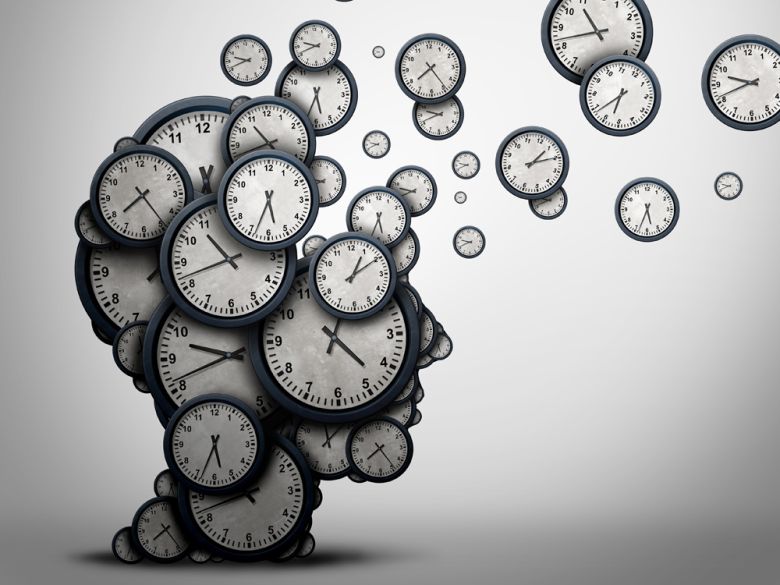Did you know our tired brain cells can alter our perception of time?
Bhavana Sitaphale
 Slow or fast— How does your brain perceive ‘time’?
Slow or fast— How does your brain perceive ‘time’?
We are familiar with the feeling of time flying away too fast or moving too slow. This article discusses how our brain perceives and processes this distortion.
Tweet
Have you ever come across a situation when time seems to fly? Especially when we are doing something we really enjoy. But contrary to this, when we are doing something that doesn’t interest us, time seems to drag. Why does this exactly happen? Masamichi J. Hayashi and Richard B. Ivry from University of California have discovered a mechanism that explains this distortion in perception of time.
 Credits: Unsplash
Credits: Unsplash
For their study, they took a sample of 20 right-handed volunteers and asked them to perform a duration discrimination task. A grey circle was displayed on the semi-transparent screen and the participants were supposed to judge the duration of the stimulus, meaning for how long the grey circle appeared on the screen. The participants were exposed to an adaptive stimulus before the actual test stimulus. There were three adaptive phases: short duration, long duration and no duration. For short duration the grey circle was displayed on the screen for 250 milliseconds and for long duration it was displayed for 720 milliseconds, for 30 times each. They were required to judge the test stimulus relative to the reference adaptive stimulus. Behaviorally, this adaptive stimulus produced striking aftereffects. It was observed that when participants were subjected to a short adaptive phase they most likely judged the test stimulus long, whereas when they were subjected to a long adaptive phase they judged it short. Even if there has been considerable psychological study done on these after effects, there has not been enough research done on which area of the brain is involved in producing these aftereffects.
While participants were performing the task their brain activity was measured using Functional Magnetic Resonance Technique (fMRI). The fMRI is a sort of neuroimaging method in which the brain is exposed to multiple magnetic fields. The protons of hydrogen atoms respond to these magnetic fields by generating an electromagnetic signal which is then received by the scanner and a high resolution image of the brain is produced. Furthermore, the fMRI scanner can detect the differences in the oxygenated and deoxygenated blood by using a method called Blood-Oxygenation-Level-Dependent (BOLD). More active areas of the brain tend to receive more oxygen and thus BOLD enables us to understand which area of the brain is responsible for a particular activity.
The fMRI results showed strong physiological evidence that the right supramarginal gyrus (SMG) part of the parietal lobe of our brain reflects our subjective experience of time. Neurons in SMG fire for a specific length of time enabling us to precisely represent time. When we are repeatedly exposed to a stimulus of a fixed duration, our neurons in SMG get tired. But all the neurons in the other parts of our brain function normally. Therefore, we can say that it is due to these neurons in SMG that we experience this distortion of time.
 Credits: Unsplash
Credits: Unsplash
The subjective sense of time is an elementary dimension of our sensory experience. Our ability to accurately represent time is important for optimization of our perception and motor control. It is amazing that our human brain can represent time with such precision and Masamichi J. Hayashi and Richard B. Ivry with their intensive research are able to explain how our brain does that. This research perhaps will unlock many mysteries and will help us understand the functioning of our brain.
Bhavana Sitaphale is currently pursuing a Master of Science in Physics at the University of Cologne in Germany. Her research interest lies in Biophysics.
Note: This article was submitted by Bhavana Sitaphale as an assignment during the workshop Scicomm for Scientists 2021, organised by Cogito137, IISER Kolkata, funded by the Department of Science and Technology, Govt. of India. The assignment was selected for publication and has undergone due editorial process. Team Cogito137 thanks Spoorthy Raman for the initial editorial review of this article.
signup with your email to get the latest articles instantly